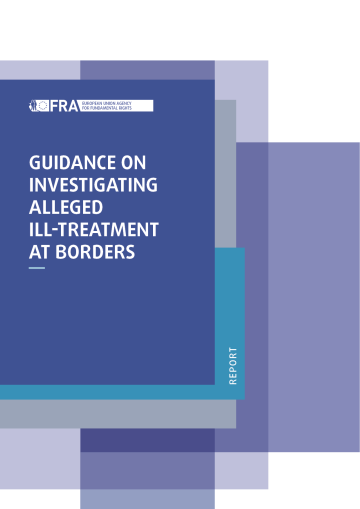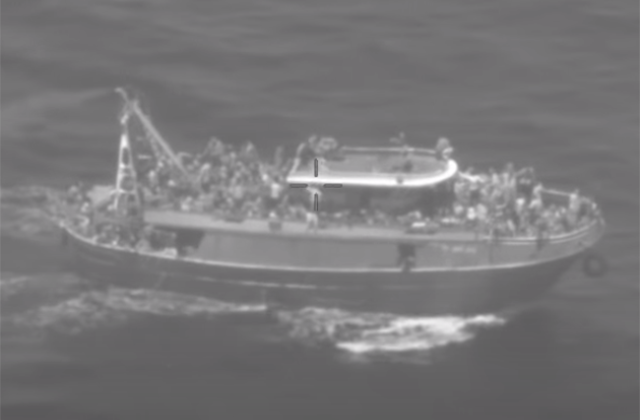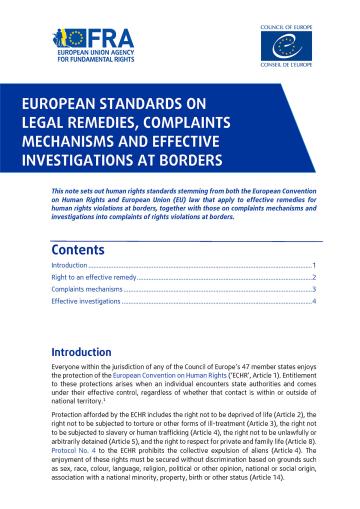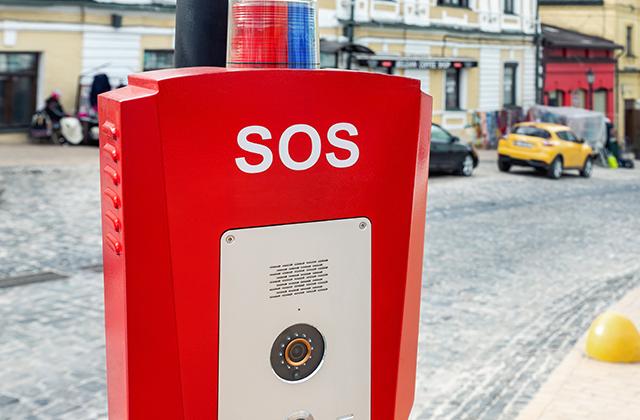The following 10 points are suggestions for concrete steps for authorities in charge of judicial and/or disciplinary investigations. They build on FRA’s research findings and promising practices in Member States.
The low number of investigations into incidents of loss of life and alleged ill-treatment during border management casts a negative light on border management authorities’ operation. This in turn undermines the high professional standards guiding their work.
Efforts to implement more effective investigations should complement preventive action by border management authorities. Such preventive action could include training on fundamental rights, clear instructions on zero tolerance of abusive behaviour and violations of fundamental rights, and measures to enhance transparency (e.g. wearing name or number tags and the use of body cameras) and action to improve the collection and preservation of evidence for trial.
Statutory human rights protection bodies play an important role in monitoring fundamental rights compliance. Subject to mandate and resource considerations, they could establish mechanisms to record testimonies of alleged rights violations during border management, publishing periodic overviews, including trends, and forwarding substantiated cases to the responsible prosecutors.
The following are 10 points to promote prompt and effective national investigations.
- To increase the transparency of investigations, bodies responsible for disciplinary and judicial investigations and adjudication should publish regular statistics and non-sensitive information. This should include sufficient details on types of complaints received, cases opened and their outcome.
- To ensure full impartiality and independence from the body involved in the incident, criminal investigations should be entrusted to specific prosecutorial departments. These should be specialised in investigating cases of criminal offences committed by police and other law enforcement officials.
- Responsible police authorities and state prosecutor’s offices should send a clear message on the need for prompt, effective and independent investigations into all substantiated cases. They should also provide regular guidance and training to investigators and local prosecutors. This should include how to protect and support victims during the procedure and how to collect and preserve evidence.
- Investigative authorities should make full use of the possibilities under national law to initiate investigations promptly, also in the absence of victims’ complaints.
- Investigative authorities should draw upon victims’ lawyers, civil society and relevant international organisations to locate victims and witnesses whose whereabouts are not known to them.
- Investigative authorities should take all possible steps under national law to facilitate victims’ participation in criminal proceedings, their protection as victims and their access to victims’ support services, as required by EU law. They should make all possible efforts to allow victims to participate without fear of being apprehended and removed for lack of legal status.
- To obtain timely testimonies from victims and witnesses that can be used for the trial, investigative authorities should make full use of the possibilities under the European Investigation Order and, where appropriate, submit requests through the European Union Agency for Criminal Justice Cooperation (Eurojust). They should also use international judicial cooperation mechanisms.
- To help reconstruct the sequence of events and expand the sources of reliable physical evidence, in addition to relevant expert reports, investigative authorities should request:
- border management authorities to provide records of border surveillance and body cameras, global positioning system (GPS) records of patrol cars and officers’ phones, and relevant communication and reports;
- the victim, witness or, with their consent, their mobile phone providers to provide positioning data during the time of the incident, where legally permissible and suitable to establish the victim’s location, when disputed.
- To identify and investigate structural issues or to initiate ex officio investigations, investigators should make use of findings by human rights actors on fundamental rights patterns and trends at borders.
- State prosecutor’s offices should review randomly selected investigation files to identify patterns, shortcomings (e.g. in hearing victims and witnesses or in requesting additional evidence) and good practices in investigations.

















